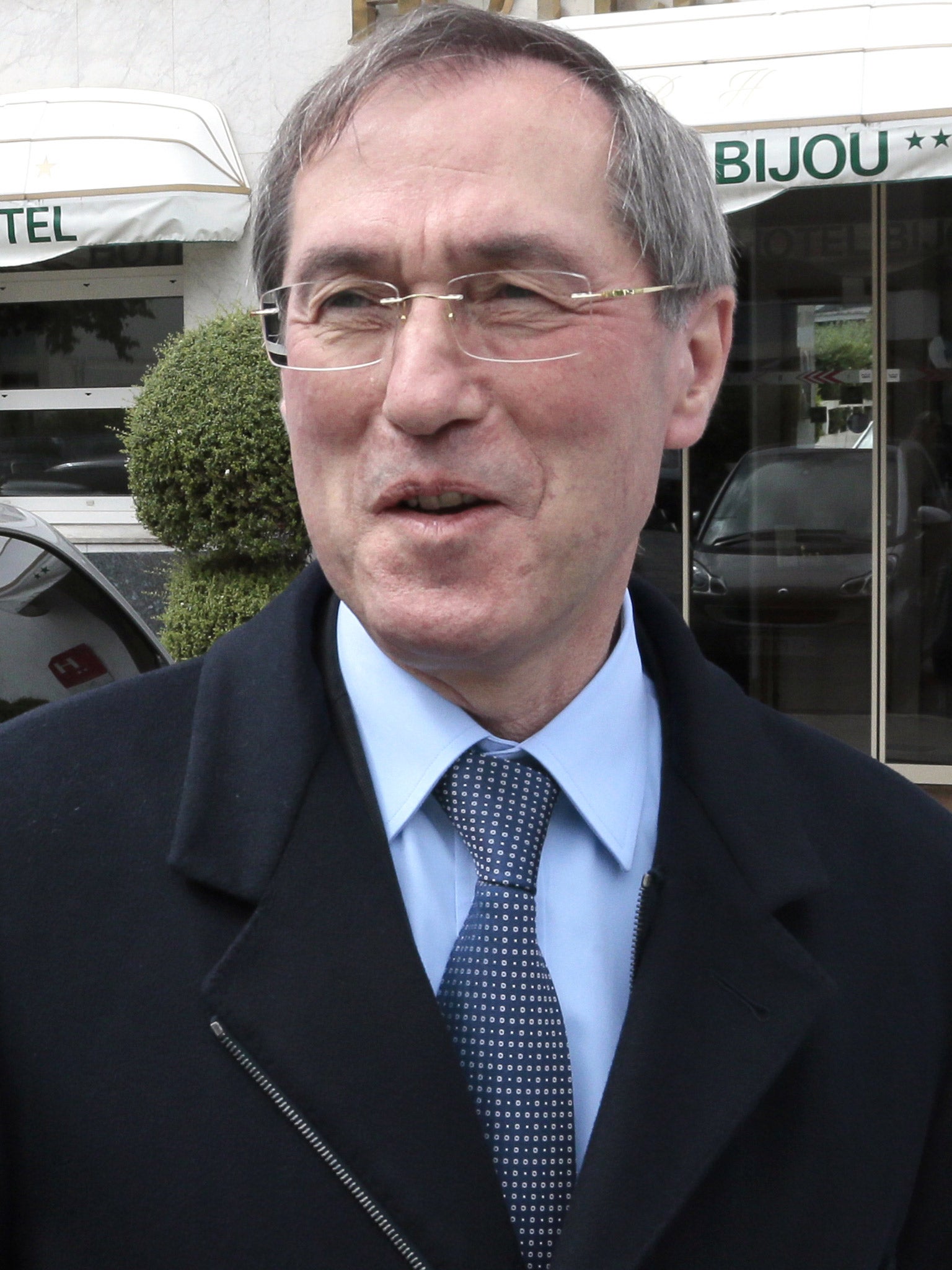Cash deposits of former Nicolas Sarkozy aide come under fresh scrutiny
The former Interior Minister, Claude Guéant, denies money laundering

An investigation into the alleged use of slush funds by former French President Nicolas Sarkozy in the 2007 presidential election campaign took a new twist after the leak of a memo signed by a Sarkozy aide.
Claude Guéant, a former Interior Minister and chief of staff to Mr Sarkozy, is being investigated over €500,000 (£423,000) in his bank account, which may have been paid by the Libyan regime of Colonel Muammar Gaddafi.
But the examining magistrates also queried cash deposits ranging from €20,000 to €25,000 in Mr Guéant’s bank account. Mr Guéant denies any involvement in money laundering and insists that the €500,000 came from the sale of two Dutch paintings from his personal collection.
He says that the other deposits came from cash bonuses paid to senior interior ministry staff from police expenses and which he said he had continued to receive until 2006.
However, the Canard Enchaîné satirical newspaper undermined Mr Guéant’s defence by publishing a memo he had signed in February 1998 when he was director-general of the French police force, banning the use of the cash bonuses. Amid a public outcry over the payments, French Interior Minister Manuel Valls has launched an inquiry in the ministry.
It emerged that a French comedian, Gérald Dahan, posed as Mr Valls in hoax telephone conversations with Mr Guéant and another close Sarkozy aide, concerning the alleged slush fund.
When Mr Dahan, pretending to be Mr Valls, told the former Interior Minister that he knew where the money came from, Mr Guéant cut him off, saying: “I’ve heard all about that.”
Senior right-wing politician Patrick Devedjian, however, told the comedian that “it’s certain” that the €500,000 never came from the sale of the two paintings.
Parties on both the right and left have been hit by financial scandals at a time when the government is pushing through unpopular austerity policies.
Socialist Jérôme Cahuzac, the former Budget Minister, was forced to resign last month over an illegal Swiss bank account into which he had transferred €600,000 while working as a cosmetic surgeon.
Meanwhile, Mr Sarkozy, who has been placed under investigation for “abuse of frailty” for allegedly exploiting a wealthy party donor suffering from dementia, is reported to be considering a political comeback.
Given the disastrous opinion-poll ratings of his successor as President, François Hollande, after his first year in office, Mr Sarkozy has said: “Perhaps I’ll be forced to return”.
Le Parisien newspaper said that Mr Sarkozy described the Socialist president as “utterly hopeless” and is said to be shocked by his lack of authority.
Mr Sarkozy, a lawyer by profession, has kept a low public profile since being voted out of office after a single term, and has reinvented himself as a speaker on the international circuit.
Mr Hollande raised expectations of an imminent government reshuffle in an interview with Paris Match magazine in which he said that “nobody is protected in the government”.
He has notably failed to curb infighting between key ministers responsible for economic policy.
Join our commenting forum
Join thought-provoking conversations, follow other Independent readers and see their replies
Comments
Bookmark popover
Removed from bookmarks